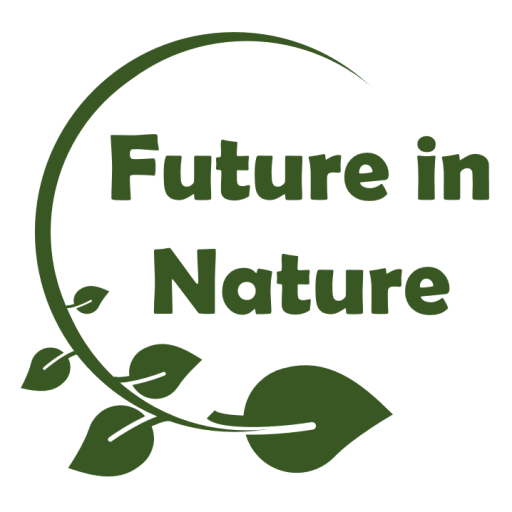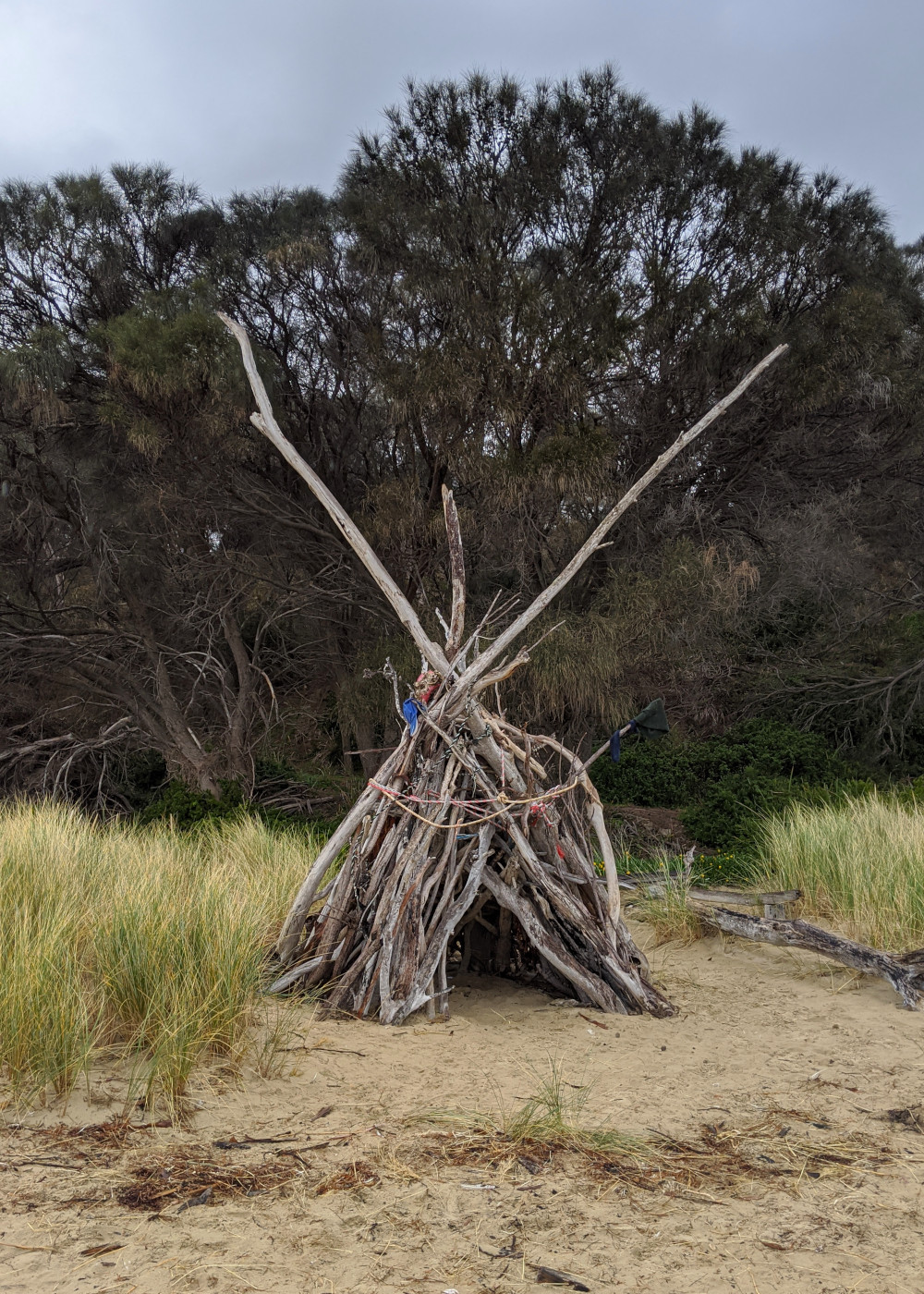To solve the grand challenges faced by society, we need to work with nature. Nature-based Solutions (NbS) are being used to adapt cities to climate change, to improve health and wellbeing, and to develop more sustainable livelihoods. Protecting and restoring nature are common ways of implementing NbS. A key feature of NbS is that they must provide co-benefits for biodiversity – not necessarily the case for approaches such as green infrastructure.
Nature-based solutions require systems thinking – bringing together understanding of social systems and ecological systems, and the way they interact. To succeed, NbS require us to work with nature in ways that allow ecological and social processes, and ecological and social diversity to persist into the future. We must also work with local communities to understand their perspectives to ensure solutions meets their needs.
Expertise
NATURA – Nature-based Solutions to Urban Resilience in the Anthropocene: Oceania region co-lead (with Brenda Lin) and Coordinating Committee member (2022-)
UCCRN – Urban Climate Change Research Network: Oceania co-director and a lead author on the Nature-based Solutions chapter of the UCCRN’s ARC3.3 report (2022-)
Nature-based solutions/Connectedness to Nature project leader in the Sustainable Communities and Waste hub of the National Environmental Science Program (2021-2022)
Extensive teaching experience on urban landscapes, urban forests and green infrastructure at undergraduate and postgraduate levels at the University of Melbourne and University of Tasmania.
Projects
City of Melbourne’s Future Urban Forest project, identifying the known climate suitability of thousands of tree species that are or could be planted in the City in different climate scenarios. This project will help Melbourne’s urban forest continue to provide ecosystem service and biodiversity benefits into the future, and adapt Melbourne’s urban forest to climate change.
We have completed similar projects with the City of Auckland, Royal Botanic Gardens Victoria, Knox City Council, the City of Newcastle, and for the Green Riyadh Project.
We have developed a new Climate Assessment Tool with the Climate Change Alliance of Botanic Gardens, that is available for anyone to use through the Botanic Gardens Conservation International website. The CAT can provide climate information on 59,000 species of trees, using occurrence data from the Global Biodiversity Information Facility, a database of plants growing in botanic gardens, and an urban tree database.
We contributed to the Technical Advisory Group for Resilient Melbourne and The Nature Conservancy’s Living Melbourne strategy – a metropolitan-wide urban forest strategy for Melbourne.
Selected reports and publications
Frantzeskaki, N., McPhearson, T., Collier, M. J., Kendal, D., Bulkeley, H., Dumitru, A., … Oke, C. (2019). Nature-based solutions for urban climate change adaptation : linking science, policy, and practice communities for evidence-based decision-making. BioScience, 69(6), 455–466.
Frantzeskaki, N,, Oke, C., Barnett, G., Bekessy, S., Bush, J., Fitzsimons, J., Ignatieva, M., Kendal, D., Kingsley, J., Mumaw, L., Ossola, A. (2022) A transformative mission for prioritising nature in Australian cities, Ambio 51 (6), 1433-1445
Presentations
Frantzeskaki, N., Bush, J., Kendal, D., Wilkinson, C. (2021) Mainstreaming nature-based solutions: priorities and perspectives from Australia, Innovate4Cities, UN-Habitat, the Global Covenant of Mayors for Climate and Energy (GCoM) and the IPCC (online)

